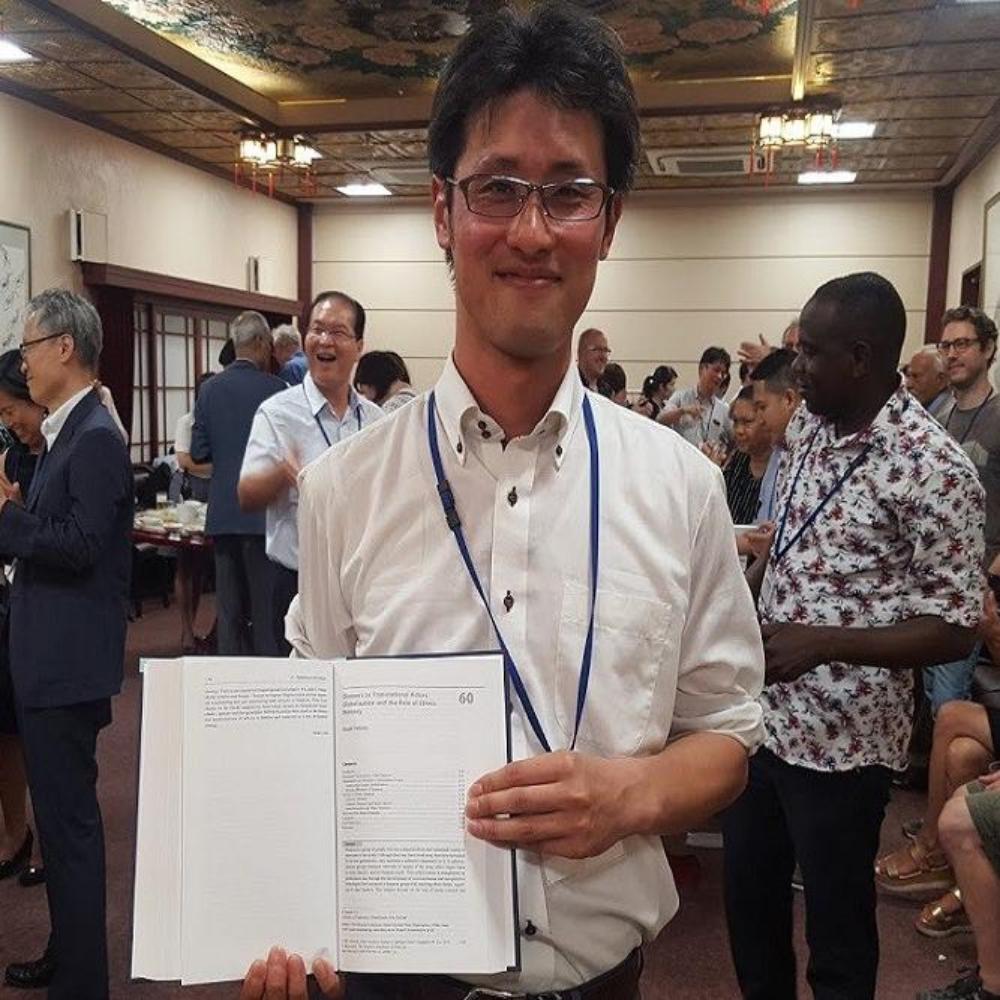My name is Masaki Kataoka. I am originally from Japan and I am doing my PhD at the MacMillan Brown Centre for Pacific Studies. My research is looking at how ethnic memories in Fiji have been transformed throughout its history and how they changed, altered and deleted memories affected ethnic relations on the ground.
People around me wonder why a Japanese guy is studying Fijian ethnic relations. It’s true that doing research on a particular country requires a full of understanding about local context. But, it’s also true that if you are a part of society, you can’t be objective to analyse the phenomenon subject to study. You even may not realise the uniqueness of your society, as it’s too obvious for you, and a lot of the cases, other communities do not understand your community because it’s too unique for outsiders. Eyes from an outsider who understands local contexts can be useful to bridge the gap between the local contexts and the outside world. I chose Fiji as my case, as Fiji is interesting in terms of ethnic relations and ethnic memory. Although sometimes indigenous Fijians (taukei) and Indo-Fijians fought over ethnic rights, they have carefully prevented from going into a serious armed conflict as we could see such tragic cases across the globe. To examine how they have managed ethnic tensions and how the current ethnic relations are constructed is the primary purpose of my research.
I set three specific objectives; 1) to clarify and mention how Fijian ethnic memories have been transformed through its history, 2) to specify who constructed, modified and deleted particular ethnic memories in each period of time and to understand their purposes to develop a particular ethnic memory, and 3) to examine how such socially constructed ethnic memories articulate the current ethnic relations in Fiji. The research intends to clarify relationship between memory construction and its impacts on ethnic relations by looking at theories developed in memory studies. Although many previous researches have analysed Fijian ethnic relations, as far as I understand, little attention to the role of memory has been paid. I hope my research will contribute to finding a new perspective on understanding Fijian ethnic relations, as well as developing practical methods to investigate ethnic memory.


